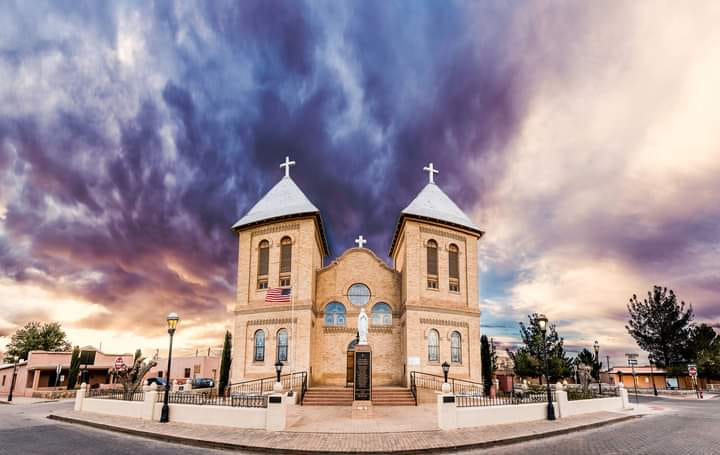This is an article written by my nephew
Joel Apodaca
The ethnic group I will be focusing on will be the Spanish
people that came to America
from Mexico Spain
By introducing my family history, this will allow me to
explain my ethnic background and heritage.
My family and I were born in the state of California New Mexico New Mexico
is really the focal point of where my paternal family line starts in America and the Lucero line is what ties me to
the Spanish group that came to America Chihuahua ,
Mexico and migrated north
into New Mexico.
My families relationship to religion doesn’t just start at
home, it started all the way back 400 years ago when the Lucero’s first came to
America New Mexico Santa
Fe , New Mexico Mexico
As for my relationship to religion, it started in my own home. I was born and raised a Protestant. My parents always told me this is what we believe in and there was a God and His son Jesus Christ came to earth to die for our sins. And I believed what they were saying and everything, but it wasn’t until I was seventeen that a sudden realization came that hit me like a ton of bricks. No one had to tell me but I realized I didn’t know God. Yes I said I believed in Him and spoke about him but He never was personal to me. So I sought God in prayer and asked that I may have a living relationship with Him, and at seventeen that’s when I truly “met God” as I like to say, and now I live this Christian life because that is the path I choose myself to walk. My father had a similar experience as I did when he was sixteen. Though my grandparents believed in God and were Catholics, they never really taught their kids in the ways of Catholicism as my dad and mom did Protestantism in their family. In my opinion after thinking about how my ancestors viewed their religion and how my family and I view religion and God, I believed it changed. My ancestors viewed it as an identity of communal culture, and were devoted to traditions and La Conquistadora, whereas now my family and I view it as a relationship with God Himself where we walk with Him day to day and our devotion isn’t to traditions but to a person, Jesus Christ.
It is very interesting to have been able to look into my
ethnic history, how religion affected my Spanish ancestors when they came from Mexico into America










